Recruitment continues to be one of the biggest challenges facing the baking, and wider food & drink, industry. And, while there is no silver bullet, there are a handful of tactics bakeries can employ to help them find (and keep) the right people.
This was one of the topics up for discussion at The Artisan Collective event last month. Sponsored by Bako, Brook Food & Bakery Equipment, Craggs & Co, and Dawn Foods, the event brought together members of the artisan baking community to share ideas, tackle challenges and celebrate the best artisan bakeries Britain has to offer.
At a session titled ‘How to recruit and retain talented bakery staff’, experts shared their experiences of recruitment, as well as top tips on creating an environment in which teamwork thrives.
Here, we explore some of the advice offered on the day:
Manage expectations
“Finding skilled bakers is like finding a unicorn,” according to Tim Goodwin, owner of The Street Bakeshop. Instead, he chose to hire someone who had experience as a chef and another who was selling vintage clothes online and train them up. Both employees are still with the business today.
Having expanded from a team of nine upon opening the bakery in 2020 (including the two employees mentioned above) to around 40 today, Goodwin has a fair amount of recruitment experience under his belt although he admits starting a bakery amid the pandemic meant he had access to people, especially for front of house roles, he wouldn’t normally have had.
I put all our jobs on the Job Centre website for free
Herefordshire-based bakery Peter Cooks Bread has recently hired a new pastry chef and baker.
Bakery director Mavis Doughty-Cook believes being “completely transparent” about what the position involves and what you are looking for in the person who fulfils it can help.
Where to look for bakery staff
Social media, local colleges and the Job Centre are among the successful avenues in which Peter Cooks Bread and The Street Bakeshop, as well as other artisan bakeries, have found staff.
“I put all our jobs on the Job Centre website for free,” explained Doughty-Cook. “Some of my hardest workers have come from there and have been really appreciative of the chance.”
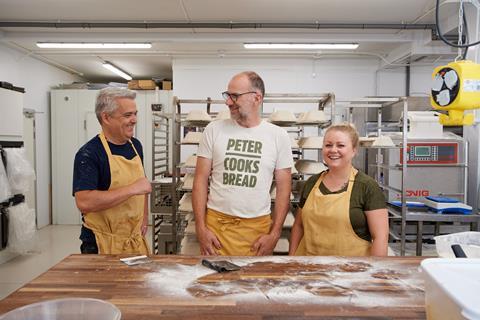
She has chosen to take the recruitment process in-house, rather than using a recruitment agency.
“I’ve never used a recruitment agency,” noted Doughty-Cook. “I feel they wouldn’t be able to pinpoint the skills and personality we need to come into the bakery at that time. There’s only one person who can really judge that for each of our three teams, and that’s the leader of those teams.”
Both bakeries said that CVs were coming in on a regular basis, regardless of whether they were hiring at the time.
We’ve been found via Instagram and social media; we were lucky enough to win at the Baking Industry Awards – all these things help because people know who you are
“I always respond to them, I always interview, and keep their number so that when we have a vacancy I can call them first,” Doughty-Cook added.
Goodwin believes the rising popularity and presence of The Street Bakeshop has helped in this. “The more known you are, the more presence you have, the easier it is to recruit,” he said. “We’ve been found via Instagram and social media; we were lucky enough to win at the Baking Industry Awards – all these things help because people know who you are.”
One attendee of the event also highlighted the benefits of developing a good relationship with local catering and bakery colleges. “The college would get in touch and say they’ve got someone who might be good for us,” they said. “Some of the best people we’ve got have come from the college.”
Create a path for success
Once you’ve found the right person, it’s important to help them on their journey to success.
“Where are they going to be in two or three years’ time?” said Doughty-Cook. “People need to know how long they will be in a position for, what are their goals, what do they need to do to get to the next tier and how long will that take the average person?”
She has built this into the bakery’s team, so employees are aware of their progression path from the start. Peter Cooks Bread also undertakes a three-month training programme to bring people up to the expected standard.
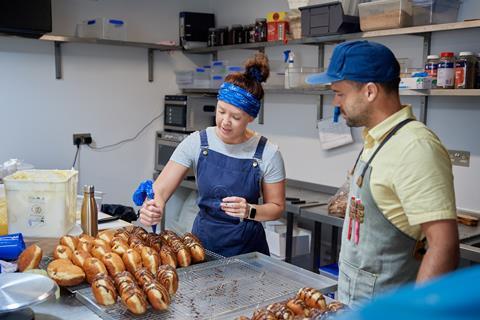
For Goodwin, this also includes measuring baked goods against ‘Tim’s rating system’ which starts with ‘average’ and goes all the way through to ‘f***ing amazing’. “It’s such a simple thing,” he said. “We can ask: ‘is this pushing us towards our goal of making fantastic products?’”
He is also a believer in sharing business plans with the team. “You get more engagement from them,” he explained. “They feel much more part of what’s going on. I’ve found it to be an effective strategy for building teamwork.”
This extends to the finances, with The Street Bakeshop employees offered a share of net profits over a certain level, so they get to share in the success of the business.
Work/life balance is important
It’s important to foster a desirable work environment and realise that people have lives outside of work. Both bakeries on the panel have taken this into consideration with their shift patterns.
“We always offer two consecutive days off, and if you do a Sunday shift ever you get a three-day weekend. It’s just thinking about how your shifts fit into people’s lives,” said Doughty-Cook.
Goodwin noted that The Street Bakeshop didn’t have a night shift and all bakers are on a shift pattern that means they always get a weekend day off.



















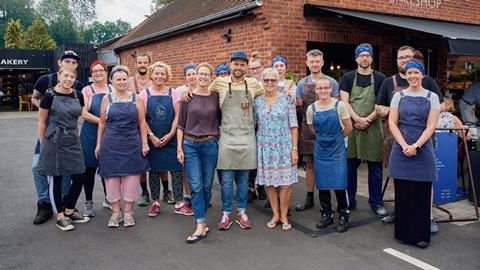
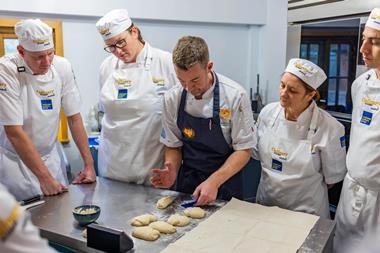
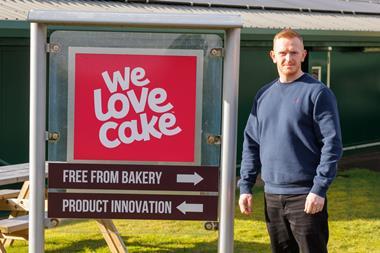
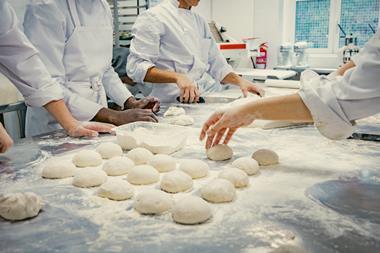
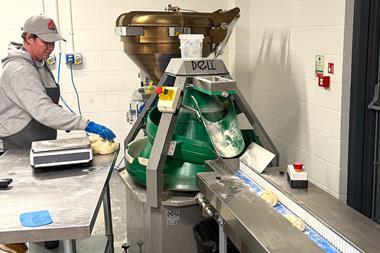

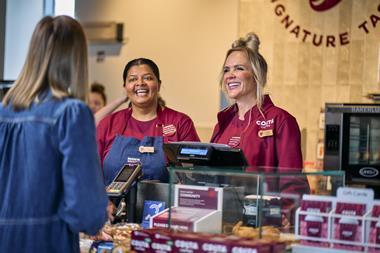


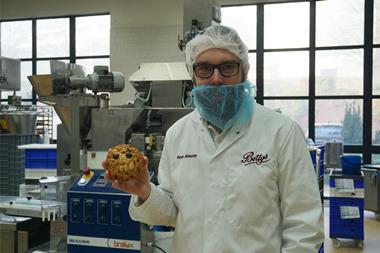

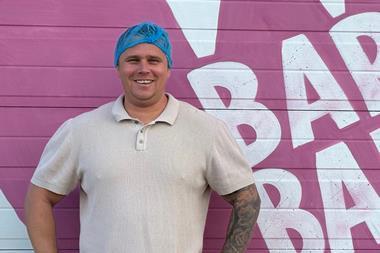
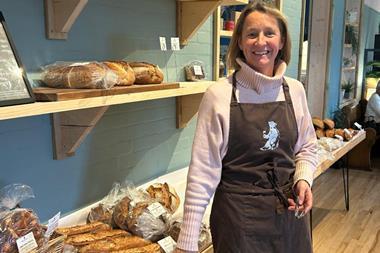

No comments yet